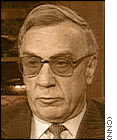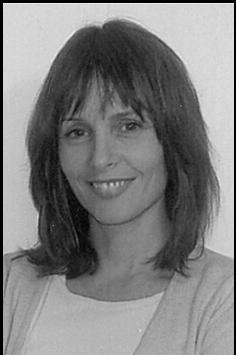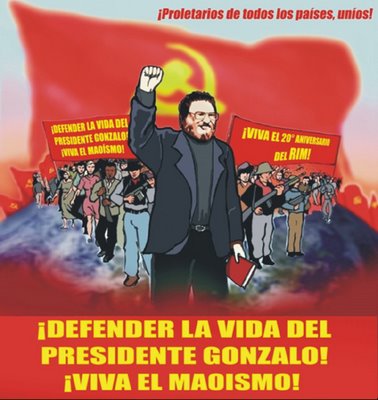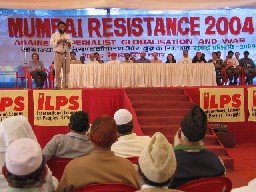Why Chris Trotter Just Doesn't Get It
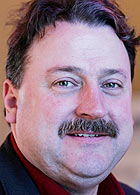
I like Chris Trotter. I know he's a commie, but he's a smart cookie, very perceptive and clearly makes an effort to understand his opposition.
I also remember an emotional piece he wrote on the birth of his daughter. It's hard to dislike a guy who can wear his heart on his sleeve like that.
However, Chris Trotter, like all socialists suffers from a serious flaw.
Check out Chris Trotter's latest article on David Farrar's Kiwi Blog, its entitled
CRUEL WAR AGAINST `LIAR-BOUR'
Here are some of the stranger bits.
I FEEL unclean, as if I've just passed through a town in the grip of the plague.
I feel compromised, as if I've inadvertently opened a madman's diary. I feel angry and aggrieved -- and frightened.
I've been in the realm of the right-wing bloggers......
And here I have to say that, inspiring and infusing a great deal of what ends up in the right-wing blogosphere, are deep-seated and profoundly disturbing feelings of hatred towards women, gays, lesbians, Maori and immigrants.
It has required only a single generation for the dragon's teeth sown in the 1970s and 80s by the reckless identity politicians of the Left to produce a truly terrifying harvest.
One passage gets to the core of Trotter's most basic misunderstanding of politics, particularly the politics of freedom.
I hardly know where to begin to describe -- let alone explain -- the viciousness of the (mostly) young New Zealand males who inhabit this fetid environment. Their hostility towards the Left extends far beyond honest disagreements between fair-minded citizens over how best to organise human society.
In their eyes, the Labour Government is not merely mistaken, it is evil.
Chris Trotter just cannot comprehend that his political opponents actually do find his political ideals evil.
Why is this?
In my view it is because socialists have a very narrow view of the world. Chris Trotter has a socialist vision of the world, which he judges all other political viewpoints by. He acknowledges that freedom lovers and libertarians have a point of view and he prides himself on being able to express that view. He sees himself as an objective judge.
What Chris trotter does not understand however is that the libertarian vision will actually work. That freedom could transform the world into a far richer, more tolerant and enlightened place.
He does not understand, that the people who truly understand the bounteous benefits of liberty are heartbroken at the casual waste of wealth, creativity and sheer human happiness perpetrated everyday by socialists like Clark and Cullen.
Chris Trotter sees human potential in very narrow terms. He sees socialism as the ideal and capitalism as a retrogressive system that must be opposed. All he sees is a finite cake that should be carved up more in favour of the poor than the rich.
There is little potential for human greatness in Trotter's world. The stakes are low. It is hard to get really passionate about re-divvying up a tiny pie. What's a few crumbs here and there?
Libertarians however see the world as a huge wonderland of opportunity. They see a bounteous universe that could provide prosperity, health, longevity and forfillment for the multitude, if only the dead hand of the state would loosen its grip.
The stakes are huge for libertarians. This planet is operating at a tiny fraction its potential. People are dying unnecessarily, living in poverty, misery and ill health, mentally and spiritually impoverished, all because myopic socialists will not give up their power and ego trips.
Even worse, these cretins have absolutely no idea of the damage they are doing, the misery they are causing or the the human potential they are cruelly aborting.
Socialists like Chris Trotter have no vision of what is possible, so they cannot understand the frustration of those who do.
While Trotter's socialist idols merrily go about their destructive ways, we see what might have been and feel like crying.
I do not hate socialists-I hate no-one. But I can understand those who feel contempt for the ignorant socialist savages who blindly stumble through this world. They have no thought but their own shortsighted satisfaction and absolutely no conception of what they have destroyed on the way.
That is why Chris Trotter just doesn't get it. Because he has no vision of what could be, he cannot understand the anguish of those who have to watch while ignorant savages wreck what might have been.












